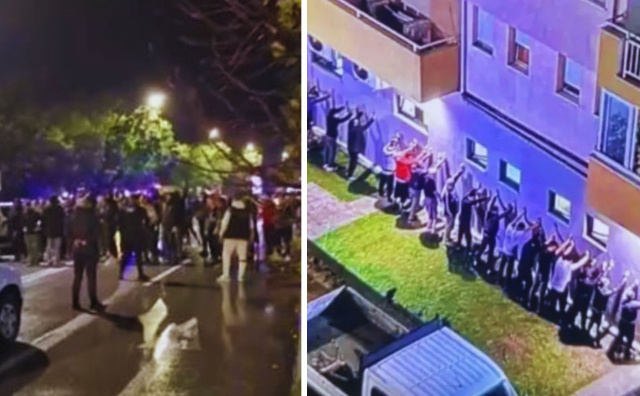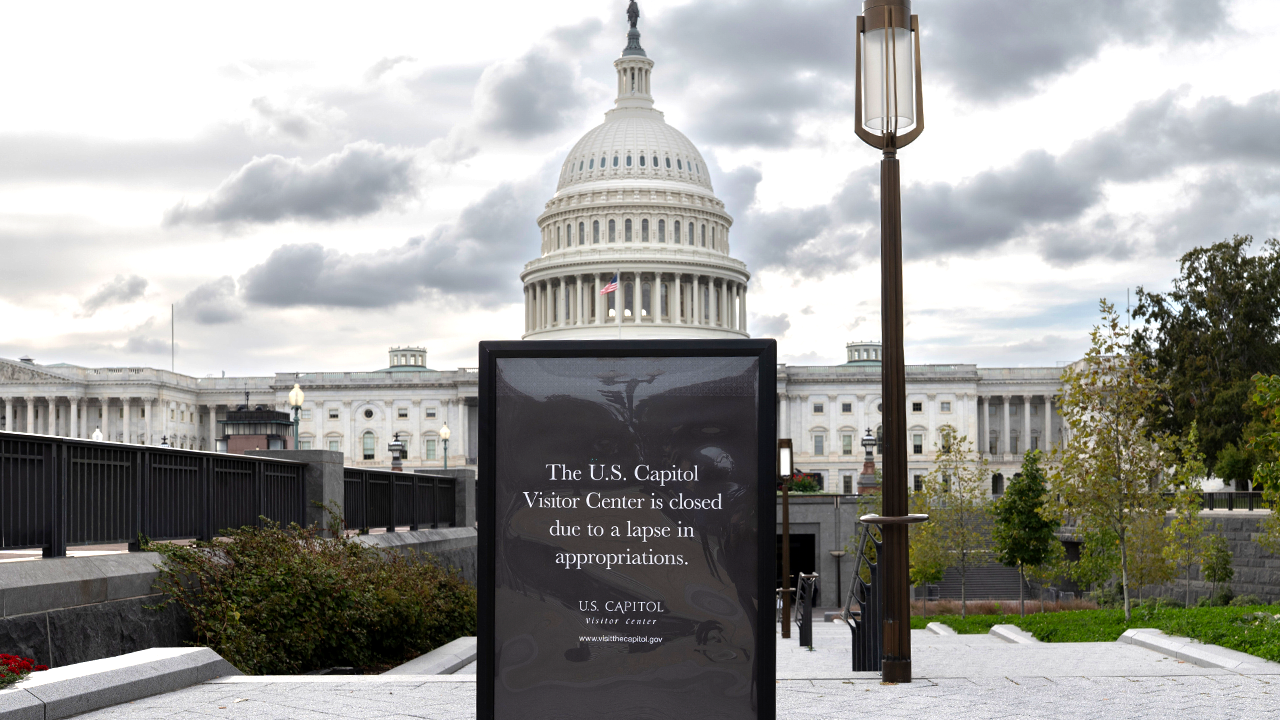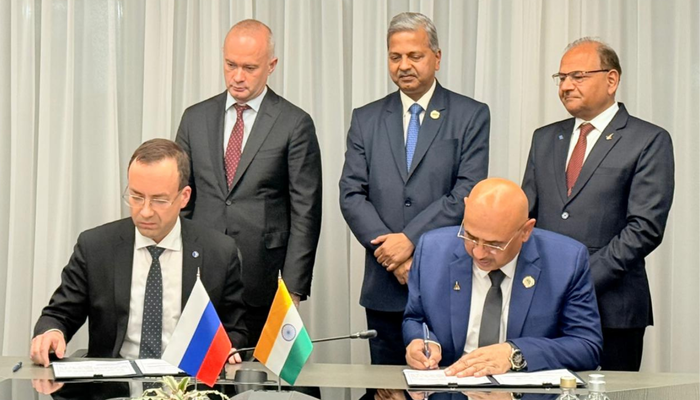Copyright novinite

Authorities in Montenegro have detained dozens of Turkish and Azeri nationals following a violent weekend in the capital, Podgorica. The unrest began after a Montenegrin man was stabbed late Saturday during a confrontation with a group of Turkish citizens. Although his injuries were not life-threatening, the incident sparked retaliatory attacks the following day, escalating into vandalism and mob violence targeting Turkish-owned property. Last night in Montenegro ???????? a group of Turks ???????? stabbed a man who confronted them for harassing his girlfriend. Outraged locals took to the streets, chanting "Death to Turks"45 Turkish citizens have been detained,and Montenegro has urgently suspended visa-free travel from ???????? pic.twitter.com/2qTOYUbETp — Based Serbia (@SerbiaBased) October 27, 2025 On Sunday, local residents damaged vehicles with Turkish license plates and surrounded a casino, forcing several Turkish nationals to barricade themselves inside. A Turkish-run restaurant in central Podgorica was also broken into and set on fire. Police later confirmed the arrest of two individuals, a Turkish and an Azeri citizen, suspected of involvement in the stabbing. In addition, 45 other Turkish and Azeri nationals were detained on suspicion of lacking proper residence documents. Seven were fined, eight were issued deportation orders, and two were placed under supervision pending further proceedings. The violence prompted President Jakov Milatovic to call for calm, while Prime Minister Milojko Spajic announced that Montenegro would temporarily suspend its visa-free regime for Turkish citizens. The measure, he said, would be adopted under an urgent procedure, as his government seeks “intensive discussions” with Ankara over future visa arrangements. Currently, Turkish nationals can stay in Montenegro for up to 90 days without a visa. The decision follows mounting pressure from the European Union for Western Balkan countries to align their visa policies with those of EU member states. Turkish citizens require visas to enter the EU, while Montenegro still grants visa-free entry to seven countries, including Turkey, Russia, China, and Azerbaijan. Earlier, Podgorica had already introduced visa requirements for citizens of the UAE, Cuba, and Ecuador as part of its harmonization efforts. Tensions in Montenegro have been rising amid a growing Turkish presence in the small Adriatic nation of 623,000 people. According to the Montenegrin Statistical Office, over 13,300 Turkish citizens currently reside in the country, and Turkish entrepreneurs own around 6,866 registered businesses - about 28 percent of all foreign-owned companies. Turkey also ranks among the top five sources of visitors to Montenegro, accounting for nearly 5 percent of the 2.6 million tourist arrivals recorded in 2024. Ankara reacted swiftly to the latest unrest. Turkish Foreign Minister Hakan Fidan spoke by phone with Prime Minister Spajic and Foreign Minister Ervin Ibrahimovic, urging the Montenegrin authorities to ensure the safety and rights of Turkish citizens. The Turkish Foreign Ministry later issued a statement referring to “distressing developments” that affected its nationals but did not directly comment on the suspension of visa-free travel. Local reports suggest the violence began in the Zabjelo neighborhood after the Montenegrin victim allegedly stepped in to defend a woman during an altercation with several Turkish men. In the aftermath, groups of residents reportedly formed informal “people’s patrols” to monitor the area overnight. The police continue to investigate both the stabbing and the subsequent acts of vandalism. Officials in Podgorica have condemned the outbreak of violence and called for restraint as tensions between local residents and segments of the Turkish community remain high.



